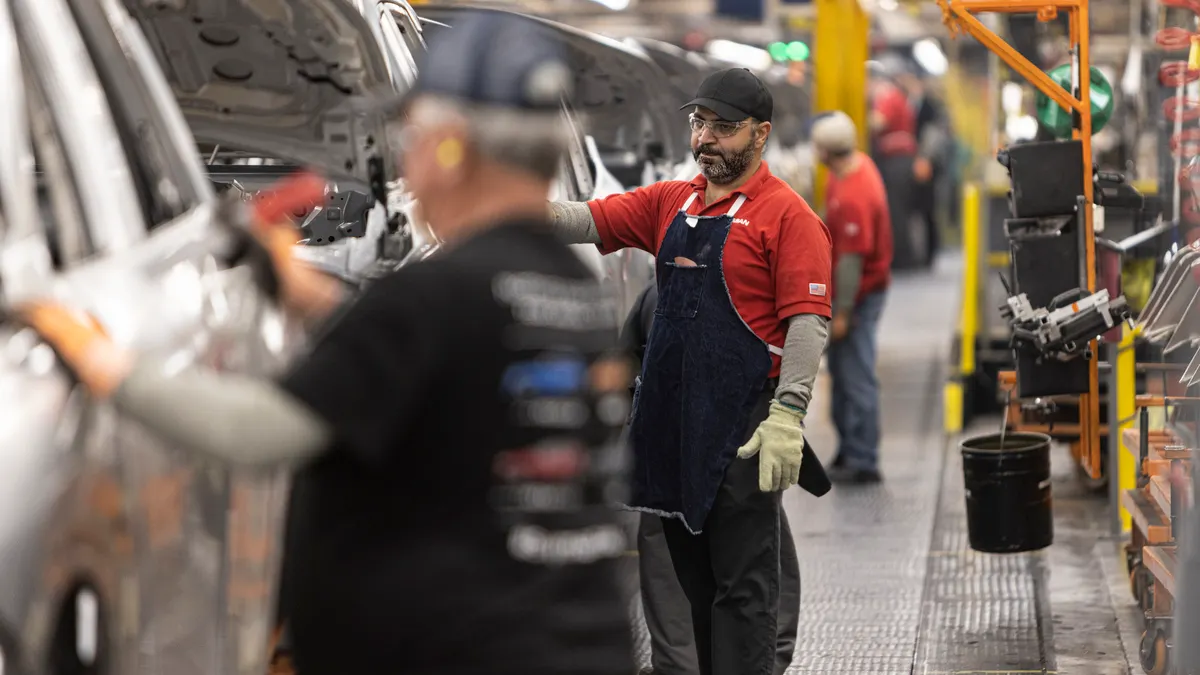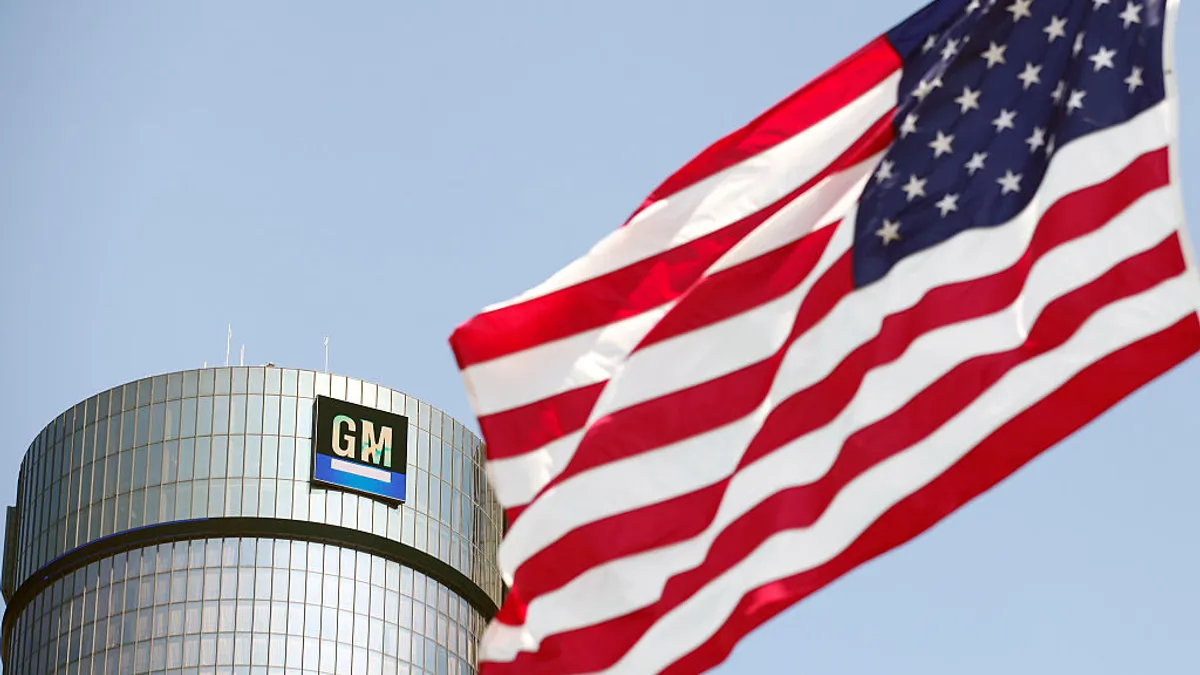Nissan Motor Co. believes its tariff mitigation strategies can reduce by 30% a projected 450 billion yen ($3 billion) impact to its bottom line from U.S. levies, the automaker said Tuesday.
Measures include prioritizing sales of U.S.-assembled vehicles, leveraging U.S. production capacity, shifting production of tariff-affected models to other markets and collaborating with suppliers on mitigation plans. The automaker will also look into future localization studies.
Nissan has already taken steps to boost domestic production as it sorts through aggressive cost cutting to improve profitability.
Last month, the automaker reversed a plan to scale back production of its Rogue SUV at its plant in Smyrna, Tennessee. The automaker in January had revealed it would reduce production in Tennessee from two lines to one but chose to maintain both to keep more localized volume in the U.S. that was free of tariffs.
Nissan said less than 45% of the vehicles it sells in the U.S. are produced in Mexico and Japan. Most of those vehicles, about 300,000, are built in Mexico, while 120,000 units are made in Japan.
CFO Jeremie Papin said on a call with analysts that since some tariffs are already in effect, the automaker is focused on boosting U.S. sales where it can take advantage of its North American production.
“We’re closely working with our suppliers on further mitigation plans as the third area of tariff is imports of parts for our U.S. production,” Papin said.
Because of the global uncertainty fueled by tariffs, Nissan joined other automakers, including Ford, General Motors and Stellantis, in withholding future guidance while discussing its full-year results with analysts Tuesday.
“The guidance for FY25 operating profit, net income and auto free cash is still to be determined,” Papin said on the call. “This uncertainty comes from the potential impact of tariffs and additional restructuring costs, which are currently being assessed.”
Like other automakers, Nissan is hopeful trade talks between the U.S. and other countries will lead to better times for the industry, according to President and CEO Ivan Espinosa. A lack of certainty makes it difficult to plan, he said on the call.
“We hope that a solution can be coming soon,” Espinosa said. “Same as other OEMs, we are expecting that some reasonable conditions can come and also some stability can come because part of the problem is of course the situation itself, but the other problem is lack of certainty.”














